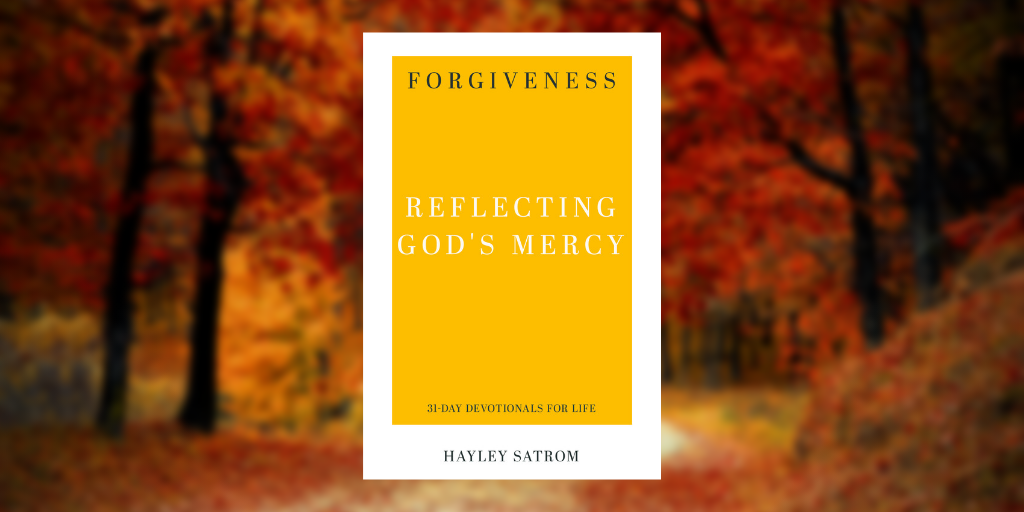As iron sharpens iron, so one person sharpens another. (Prov. 27:17 NIV)
“I go out of my way to avoid conflict with my partner.”
It’s one of over two hundred statements on an assessment that I administer to couples to evaluate their matrimonial health. Potential responses range on a scale from “strongly disagree” to “strongly agree.” I’ve found that the most common response is “strongly agree.” In other words, couples love avoiding conflict.
This is bad for at least three reasons.
First, conflict avoidance is typically rooted in idolatry. If you’re consciously fleeing marriage conflict, it’s usually because you’re worshipping a false god. Take Mark as an example. When he would critique his wife Emily during their first few years of marriage, she would instinctively criticize him back—often to a harsher degree. She would raise her voice, call him names, and manipulate the conversation to make everything his fault. Things would rapidly spiral out of control, leaving him agitated, anxious, and upset. To avoid feeling this way, he stopped correcting her. When she sinned against him, he would shut his mouth and put a smile on his face. He chose serenity over her sanctification and harmony over her holiness. He avoided conflict with Emily because he was worshipping the idol of peace.
Second, conflict avoidance is bad because God uses conflict to sharpen us—to make us more like Christ. Proverbs 27:17 (NIV) says, “As iron sharpens iron, so one person sharpens another.” How does a metalworker use iron to sharpen iron? First, he heats a dull, jagged piece until it becomes ductile. He then takes a cold, sharp piece and uses it to cut a straight line along the molten piece’s edge to eliminate its surface irregularities. When the molten piece cools, it has a brand-new sharp edge. In a similar way, our skilled metalworker (God) uses intense heat (marriage conflict) to “melt” us. He then takes a cold, knifelike piece of iron (our spouses) and, through a process of calculated cutting (confrontation and admonishment), sharpens (sanctifies) us. When we avoid conflict, we miss out on being sharpened by our spouses and by God.
Finally, conflict avoidance is bad because it contradicts the conflict- saturated life and ministry of Christ. Jesus confronted sin (John 2:13–16). He challenged hypocrisy and wrong belief among influential religious leaders (Matt. 23). He even said to his good friend Peter, “Get behind me, Satan!” (Matt. 16:23). Ultimately, he faced the conflict of the crucifixion and willfully endured it to obey his Father and save his followers. He entered conflict out of love for God and love for others.
Will you do the same in your marriage?
—Steve Hoppe, Marriage Conflict: Talking as Teammates







